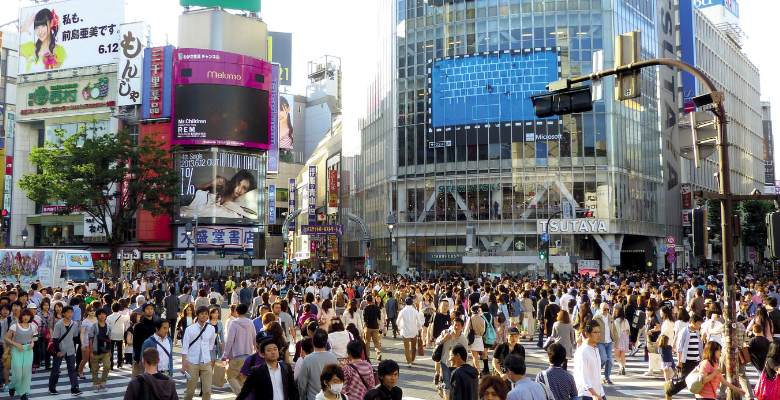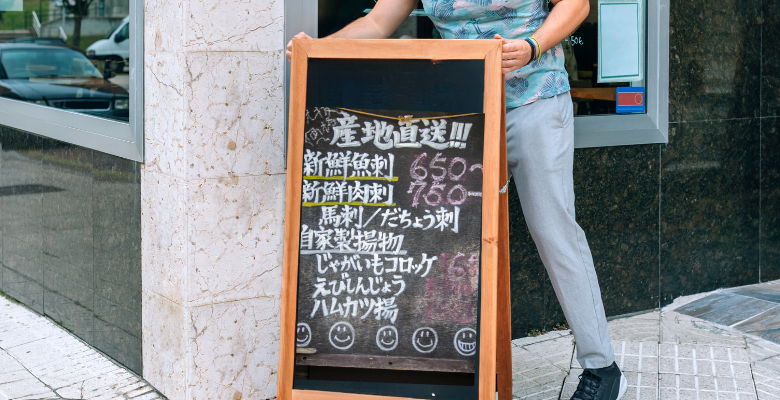
Special Offer Up-to 25% off!
Special Offer Up-to 25% off!
Explore Translation can help you to explore Japan!
More Japanese people don't speak English than you may expect.
Japan might be one of the most popular destinations to visit.
But you may need help to communicate with locals, because over 90% of Japanese people are not fluent in English.
Here are some reasons why over 90% of Japanese people are not fluent in English.
- Traditional education methods have emphasized on writing over communication in English.
- Cultural distinction: don't make a mistake in public.
- English is not necessary to live in Japan.
We, Explore Translation, are a translation service company based in Japan! Located in Nagasaki prefecture, Yamaguchi prefecture, and Kanagawa prefecture.
Please check our Facebook page and Instagram for your inquiry.

1. Education Methods Focus on Writing Over Verbal Communication
In Japan, the education method has traditionally focused more on grammar, reading, and writing skills in English rather than conversation. That brought to Japanese students that they may be able to understand English on paper, but they might lack the practical experience and confidence to speak it. Compare to some other countries where English class is focused on verbal communication, Japan's education system has historically emphasized other aspects of language learning.

2.Cultural distinction: Don't Make a Mistake in Public
It is considered embarrassing to make a mistake in public in Japan. This value is deeply rooted in Japanese society, where individuals are raised to avoid mistakes and failures, especially in public such as at schools or workplaces, where perfection and accuracy are highly valued. Due to this cultural background, Japanese individuals may feel similar psychological pressure when speaking English. They tend to feel embarrassed if they make mistakes or fail to communicate with correct grammar or phrases in English. Therefore, they may resist taking risks to develop their conversational skills in English, and may avoid opportunities to speak the language.

3. English is not necessary to live in Japan
In Japan, speaking English is not highly necessary, compared to some other countries. Most daily activities and work are conducted in Japanese, as it's the primary language used. So that opportunities to use English within Japan are relatively limited. Also, Japan has been traditionally seen as a more closed-off society, with fewer situations where English communication is required compared to other places. Because of this, many Japanese people don't feel a strong need to speak English fluently in their everyday lives. As a result, they might not invest as much time and effort into learning or practicing English, leading to fewer Japanese people being fluent in the language.
You may need to know something in advance to have a good time in Japan.
- To figure out how to pay for food with a vending machine in a restaurant
- When you are at sightseeing spots, guides and explanations are often provided in Japanese
- To make a reservation at a popular restaurant without Japanese & Japanese phone number
- To order food from the menu which is handwritten and translation app can't read
- When you want to visit somewhere loved by locals but not known by foreigners, or to go to seasonal festivals or special events
To figure out how pay for food with a vending machine in a restaurantpay for food with a vending machine in a restaurant
There are a lot of food ticket vending machines in Japan. Especially the most popular food among foreigners, ramen restaurants tend to have ticketing machine. Most ticketing machines only accept cash or transport prepaid card, called Suica or Pasmo. Since each buttons are so small, not many vending machines have English translation, normally written only in Japanese.


When you are at sightseeing spots, guides and explanations are often provided in Japanese
Japan has been known as a high-tech and efficient country, but perhaps not particularly for translation machines. When visiting sightseeing spots such as museums or temples, there is often a wealth of information available in written descriptions. However, many of these locations lack English translations or translation machines. While translation apps may not work well, imagine having a knowledgeable translator who is well-versed in Japanese history and arts! Explore Translation has professional translators even in western Japan. If you find yourself tired of big cities or if it's not your first time in Japan, the western part of Japan may be your ideal destination.
To make a reservation at a popular restaurant without Japanese & Japanese phone number
In Japan, it's common for many restaurants to only accept reservations via phone, even in this age of advanced technology. There are several reasons behind this practice, including a strong emphasis on personalized service and attention to detail, particularly regarding dietary restrictions such as allergies. Additionally, the phone reservation system allows for a more personal interaction between the restaurant staff and customers, which is highly valued in Japanese hospitality culture. Therefore, despite the prevalence of online reservation systems in other parts of the world, the tradition of phone reservations remains deeply rooted in Japanese dining culture, catering to the need for personalized service and meticulous attention to customer preferences, including dietary concerns.


To order food from the menu which is handwritten and translation app can't read
In Japan, handwritten menus are often prevalent for several reasons, including the emphasis on seasonal and regional ingredients, the fusion of tradition and art in culinary presentation, the provision of personalized service, and the cultural significance of handwritten elements in Japanese restaurants. For example, Japanese good restaurants tend to choose handwritten menus to reflect seasonal availability and chef recommendations. Those chef recommendations may need additional explanation or cultural context that translation apps may not provide adequately. Also, handwritten menus are considered an integral part of the dining experience, embodying the restaurant's atmosphere and aesthetic. Due to these factors, relying solely on translation apps to understand handwritten menus can be challenging for you.
When you want to visit somewhere loved by locals but not known by foreigners, or to go to seasonal festivals or special events
One of the reasons why it can be difficult for foreign tourists to participate in regional or seasonal events in Japan is because, in the first place, it can be challenging for them to become aware of such events. Many events are based on Japan's cultural background, which may not be familiar to foreigners. Additionally, there are several challenges involved, such as language barrier, and accessibility, as you may already imagined. For example, although there are a lot of unspoken rules or practices for seasonal events, support for foreign languages may be limited. Also, regional and seasonal events in Japan are often held in remote locations away from urban areas, making access difficult.

Don't change your destination because of the language barrier...!
Japan is beautiful in any time of year.

Let Explore Translation help you.
We have been serving for English speaking travelers for 8 years, and have 100,000+ assistance experiences all over Japan!
What we can do:
- Travel planning
- Making reservations for restaurants, hotels, and bullet train seats, etc.
- Making arrangements or changes for any reservations you made yourself
- Communicating with restaurants about your allergies in advance.
- Buying tickets for Kabuki, Sumo wrestling match, and baseball game
- Accompanying you to see a doctor
- Translating variety of documents
- i.g. Passport, insurance card, booking confirmation, medical documents
If you are living / want to live in Japan...
- School / kindergarten registration for your kids
- Talking with your real estate agent
- Talking to your kids' teachers
- Going to see a doctor / veterinarian
- Opening bank accounts
